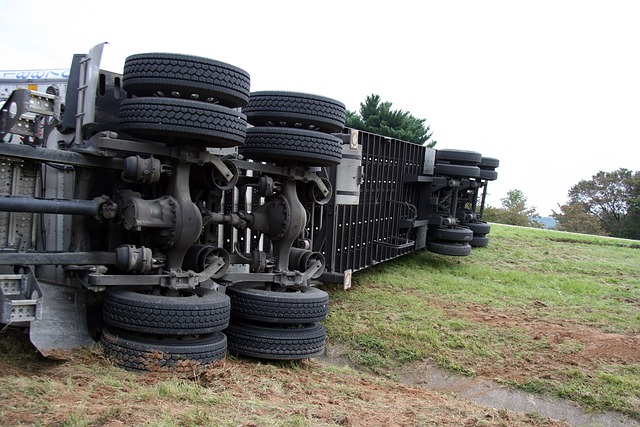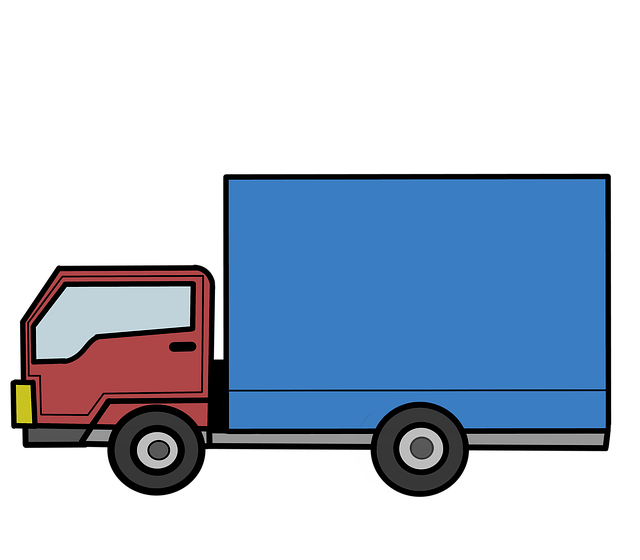Cargo liability insurance is a critical component of international trade, protecting businesses from financial losses due to goods mishaps during transport. It covers accidents, natural disasters, theft, and mishandling, providing peace of mind for all parties involved. Advanced technology streamlines claim management through faster processing, enhanced data tracking, and improved risk assessment. Digital solutions have revolutionized claims processes by automating tasks, improving communication, and fostering transparency, ultimately benefiting businesses in shipping and logistics sectors. However, challenges like data security and skills gaps must be addressed to ensure effective digital claims management.
In today’s interconnected world, efficient management of liability claims is vital for businesses, especially those involved in international trade. This article explores the critical aspect of cargo liability insurance and its role in simplifying claim processes through technology. We delve into how digital solutions revolutionize tracking, enhancing transparency and speed. By implementing these innovations, companies can navigate complex claims with greater agility. Read on to discover the benefits, challenges, and transformative potential of leveraging technology in managing cargo liability insurance claims.
Understanding Cargo Liability Insurance and Its Importance

Cargo liability insurance plays a pivotal role in protecting businesses and individuals involved in international trade and logistics. It covers losses or damages incurred during the transportation of goods, offering financial security against potential risks such as accidents, natural disasters, theft, or mishandling. This type of insurance is essential for shippers, carriers, and logistics companies to manage exposure and ensure smooth business operations.
Understanding cargo liability insurance is crucial in today’s globalized market where supply chains are intricate and interconnected. By insuring against these risks, businesses can mitigate financial losses, maintain customer trust, and continue their operations without interruption. Efficient management of liability claims through technology further enhances the benefits, enabling faster claim processing, improved data tracking, and better risk assessment for future shipments.
The Role of Technology in Streamlining Claims Management

In today’s digital era, technology plays a pivotal role in transforming the landscape of claims management, especially in sectors like cargo liability insurance. By leveraging advanced software solutions and digital tools, insurers can streamline processes that were once manual and time-consuming. Automated systems enable efficient tracking of claim submissions, facilitating faster response times. Digital platforms also enhance data organization, allowing for quick access to relevant information, which is crucial for accurately evaluating and settling claims.
Through the integration of technology, the entire claims management process becomes more transparent and measurable. Insured parties benefit from real-time updates, improved communication channels, and reduced paperwork. This digital transformation not only enhances overall efficiency but also builds trust between insurers and policyholders, ensuring a smoother experience for all stakeholders involved in cargo liability insurance claims.
Implementing Digital Solutions for Efficient Tracking

Implementing digital solutions has revolutionized the way cargo liability insurance claims are tracked and managed, bringing about significant efficiency gains for insurers and shippers alike. Traditional manual tracking methods, often involving paper-based processes, were time-consuming and prone to errors. With the advent of technology, however, these cumbersome tasks have been streamlined.
Digital platforms equipped with advanced analytics can automatically capture and organize claim data, including incident reports, damage assessments, and shipping documentation. Real-time updates enable stakeholders to monitor claim progress, fostering transparency and accountability. Moreover, these systems facilitate quick comparisons against historical data, aiding in the accurate prediction of claim outcomes and potential risks, which is crucial for effective risk management in the cargo liability insurance sector.
Benefits and Challenges: A Comprehensive Overview

Using technology to track and manage liability claims offers significant advantages for businesses, especially in sectors like shipping and logistics where cargo liability insurance is paramount. Digital systems streamline the claims process, enabling faster resolution times and reduced administrative burdens. Automated data tracking and digital documentation enhance accuracy, minimizing errors and fraud. Real-time updates facilitate better communication between insurers, claimants, and shippers, fostering transparency and accountability.
However, challenges exist. Data security and privacy concerns are paramount, requiring robust cybersecurity measures to protect sensitive information. Integration of new technology with existing systems can be complex and costly, especially for smaller businesses with limited resources. Ensuring uniform data standards and interoperability between platforms is crucial for seamless claims management. Moreover, the need for skilled personnel to operate and maintain these technologies poses a skills gap challenge in an evolving digital landscape.
In conclusion, leveraging technology to manage and track liability claims related to cargo insurance is a game-changer in the industry. Digital solutions streamline processes, enhancing efficiency and accuracy. However, challenges such as data security and employee resistance must be addressed for optimal implementation. Ultimately, embracing these innovations allows insurers to provide better service, reduce costs, and improve customer satisfaction in the dynamic landscape of cargo liability insurance.
